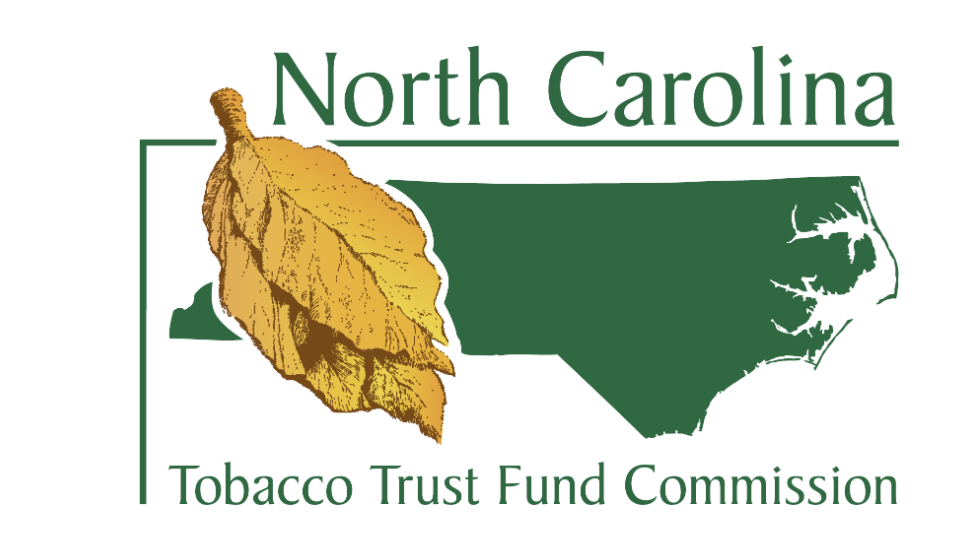Voluntary Agricultural Districts
go.ncsu.edu/readext?770536
en Español / em Português
El inglés es el idioma de control de esta página. En la medida en que haya algún conflicto entre la traducción al inglés y la traducción, el inglés prevalece.
Al hacer clic en el enlace de traducción se activa un servicio de traducción gratuito para convertir la página al español. Al igual que con cualquier traducción por Internet, la conversión no es sensible al contexto y puede que no traduzca el texto en su significado original. NC State Extension no garantiza la exactitud del texto traducido. Por favor, tenga en cuenta que algunas aplicaciones y/o servicios pueden no funcionar como se espera cuando se traducen.
Português
Inglês é o idioma de controle desta página. Na medida que haja algum conflito entre o texto original em Inglês e a tradução, o Inglês prevalece.
Ao clicar no link de tradução, um serviço gratuito de tradução será ativado para converter a página para o Português. Como em qualquer tradução pela internet, a conversão não é sensivel ao contexto e pode não ocorrer a tradução para o significado orginal. O serviço de Extensão da Carolina do Norte (NC State Extension) não garante a exatidão do texto traduzido. Por favor, observe que algumas funções ou serviços podem não funcionar como esperado após a tradução.
English
English is the controlling language of this page. To the extent there is any conflict between the English text and the translation, English controls.
Clicking on the translation link activates a free translation service to convert the page to Spanish. As with any Internet translation, the conversion is not context-sensitive and may not translate the text to its original meaning. NC State Extension does not guarantee the accuracy of the translated text. Please note that some applications and/or services may not function as expected when translated.
Collapse ▲This page provides narratives, templates, and resources regarding Voluntary Agricultural Districts, the key North Carolina farmland preservation program that encourages owners to keep their land in farm or forest use.
Reading
The VAD/EVAD Conservation Agreement Requirement. This short narrative covers the form and elements, including revocability and recording, of the conservation agreement requirement for enrollment in a VAD program.
The VAD Handbook. This handbook is a draft working guide on Voluntary Agricultural Districts.
2018 Changes to North Carolina Voluntary Agricultural District Law. This narrative concerns the North Carolina General Assembly’s important change to North Carolina’s voluntary agricultural district law concerning mandatory proximity warning of farms enrolled in PUV.
Conservation Agreements and Easements: Obligations, Modification and Termination. This draft publication explores the differences between binding and non-binding conservation agreements, as well as their termination and modification possibilities. Particular focus is given to those “10-year irrevocable conservation agreements” from Enhanced Voluntary Agricultural District ordinances.
Voluntary Agricultural Districts: Approaching Mandatory Proximity Notice. This DRAFT narrative reflects the changes in the 2018 Farm Act requiring proximity notice [NOTE: this piece does not yet reflect the changes mandated by the 2021 Farm Act]
Letter to Voluntary Agricultural District Administrators. This memorandum concerns the recent Halifax County experience whereby the County Attorney opined that the Voluntary Agricultural District ordinance, as written, invalidated all agricultural districts in the county.
Templates
Model County VAD Ordinance (Long Form) (ANNOTATED). This template is the ‘long form’ ordinance that includes bylaws for VAD Board operation. This template is annotated to highlight changes to the VAD enabling statute from 2018 and 2021, with the purpose of helping counties review and modify their ordinances to bring to compliance and improved practice.
Voluntary Agricultural District (VAD) Memorandum of Understanding (MOU) DRAFT Template. This template may be used for extending the application of a Voluntary Agricultural District (VAD) county ordinance to an incorporated municipal area of the county.
Memorandum to Voluntary Agricultural District Administrators. This memorandum narrative was issued to Extension and other administrators of VADs to alert regarding an issue with VAD approval by County Commissioners.
Model County VAD Ordinance (Short Form). This template with annotation is considered the most basic “bare bones” ordinance that meets state statute requirements. It does not address farmland preservation board governance unlike the longer version above).
(Sample) County Farmland Preservation Board Bylaws (Lee County). This sample document is an example of operating bylaws for governance of a county Farmland Preservation Board, or similar body, created to administer a county Voluntary Agricultural District ordinance).
(Sample) Conservation Agreement (VAD). This document is an example of conservation agreement for a non-EVAD enrollment. This document is recorded at Book 1809 Page 166 of Granville County Register of Deeds (this is a public document, drafted by the county attorney on behalf of the VAD program).
Recordable Conservation Agreement (EVAD). This draft agreement is formatted for recording.
Presentations
Farmland Preservation Policy and Method. This presentation is a general overview of farmland preservation policy and methods of conservation and protection in North Carolina. This presentation was delivered to an Ashe County public meeting hosted by N.C. Cooperative Extension in May 2021.
Resources
Agricultural Development and Preservation of Farmland. This is Voluntary Agricultural District enabling legislation.
Acknowledgements
Content loaded to Agricultural and Natural Resource Law portal, including narratives, workbooks and presentations, is supported by The North Carolina Tobacco Trust Fund Commission (TTFC) (Grant award 2019-001-16).



